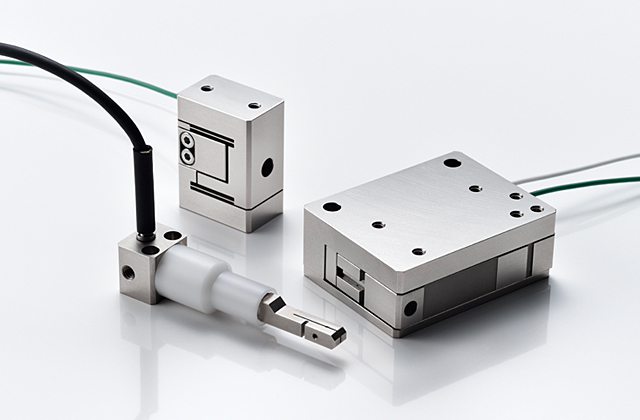Micro force sensors are essential components in precision measurement applications where small forces need to be accurately detected. These sensors are widely used in industries such as medical devices, robotics, electronics manufacturing, and scientific research. Their ability to measure minute forces with high accuracy makes them ideal for delicate and sensitive applications.
What Are Micro Force Sensors?
Micro force sensors are specialized transducers that convert small force inputs into electrical signals. They are designed to detect forces in the millinewton (mN) or micronewton (μN) range with exceptional precision. These sensors often utilize strain gauge, piezoelectric, or capacitive technology to ensure reliable force measurement.
Applications of Micro Force Sensors
1. Medical Devices & Biomedical Research
- Used in surgical robots for precise force feedback.
- Applied in prosthetics to improve sensitivity and control.
- Essential for measuring cell and tissue interactions in research.
2. Robotics & Automation
- Enables precise force control in robotic arms and grippers.
- Enhances safety in human-robot interaction by detecting slight forces.
3. Electronics & Semiconductor Industry
- Assists in testing the durability of microelectronics and circuit boards.
- Used in touchscreen and button testing for consumer electronics.
4. Aerospace & Automotive Engineering
- Measures forces in micro-actuators and precision mechanisms.
- Helps in evaluating the structural integrity of lightweight materials.
5. Scientific Research & Material Testing
- Utilized in nanotechnology and material science for detailed force analysis.
- Supports experiments requiring ultra-sensitive force detection.
Types of Micro Force Sensors
1. Strain Gauge-Based Sensors
- Measures force through the deformation of a strain-sensitive material.
- Provides high accuracy and durability for industrial applications.
2. Piezoelectric Force Sensors
- Converts mechanical force into electrical charge.
- Ideal for dynamic force measurements with fast response times.
3. Capacitive Force Sensors
- Measures changes in capacitance due to applied force.
- Suitable for compact and highly sensitive applications.
4. Optical Force Sensors
- Uses light interference to detect minute force changes.
- Commonly used in biomedical and high-precision engineering applications.
Key Factors to Consider When Choosing a Micro Force Sensor
1. Sensitivity & Measurement Range
- Ensure the sensor can detect forces within the required range for your application.
2. Accuracy & Resolution
- High-resolution sensors are necessary for precise measurements in critical applications.
3. Size & Mounting Options
- Compact sensors are essential for integration into small devices or confined spaces.
4. Environmental Conditions
- Consider temperature, humidity, and electromagnetic interference that may affect sensor performance.
5. Output Signal & Integration
- Check compatibility with existing data acquisition systems and controllers.
Conclusion
Micro force sensors play a crucial role in precision measurement for small-scale applications. With advancements in sensor technology, industries are increasingly relying on these devices for high-accuracy force detection in robotics, medical devices, electronics, and scientific research. Selecting the right micro force sensor requires careful consideration of sensitivity, accuracy, and environmental factors to ensure optimal performance in demanding applications.








